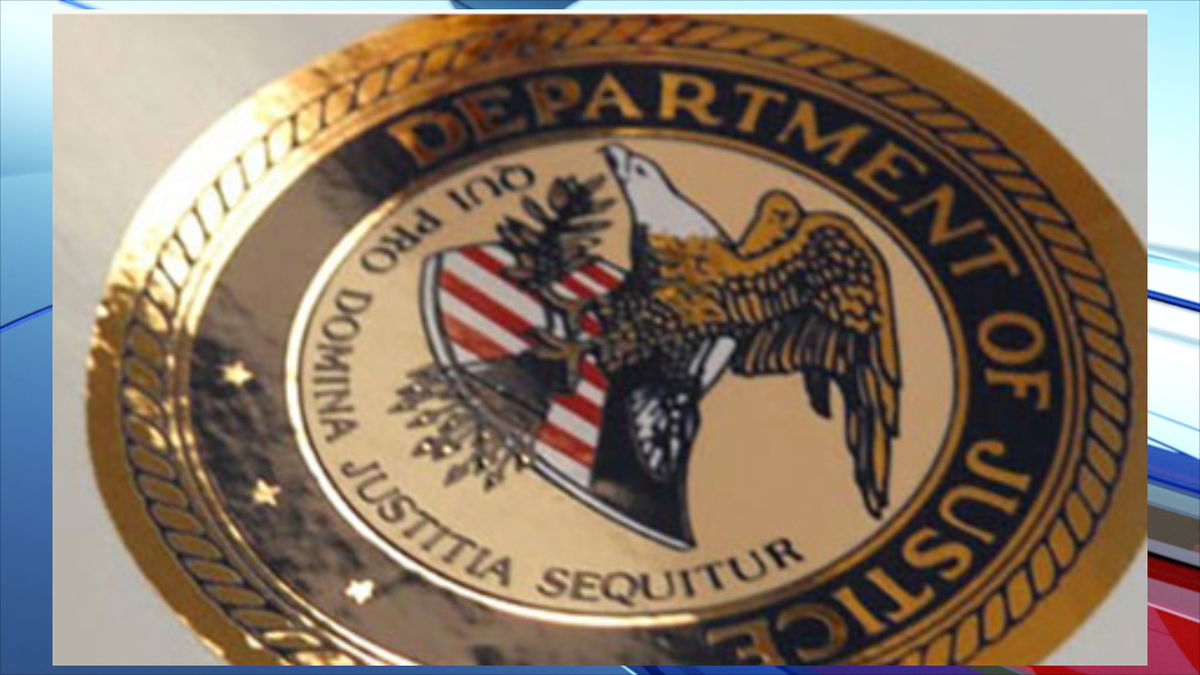DOJ sues North Idaho City, citing descrimination against Christian Nationalist-Aligned Church

Seth Ratliff
WASHINGTON — The U.S. Department of Justice (DOJ) has filed a lawsuit against the City of Troy, Idaho, alleging that the city violated the Religious Land Use and Institutionalized Persons Act (RLUIPA) by denying a conditional use permit (CUP) to a small evangelical church. The lawsuit, filed Tuesday in the U.S. District Court for the District of Idaho, claims the city’s decision was influenced by bias against the church’s beliefs.
The church in question, Christ Church, is a Moscow-based fundamentalist congregation founded by Doug Wilson, whom the Idaho Capital Sun has identified as a prominent figure in the Christian Nationalist movement. According to the lawsuit, Christ Church had outgrown its previous worship space and was unable to find suitable rental alternatives. In March 2023, the church sought a CUP to hold weekly services at the Ye Olde Bank Event Center on Main Street in Troy.
The Ye Olde Bank Event Center is owned by a member of the Christ Church congregation, as reported by the Moscow-Pullman Daily News. The building is located within the City’s C-1 zoning district, which permits non-religious assembly uses such as clubs, museums, auditoriums, and art galleries.
The lawsuit asserts that Troy residents largely opposed the church’s CUP application, with “many of their written and verbal comments reflected animus against Christ Church’s beliefs.” While residents at a January 2023 meeting cited concerns about parking, downtown traffic, and limited commercial tax revenue, the lawsuit specifically alleges that the City Council, in its March denial of the CUP, pointed to significant public opposition.
The Moscow-Pullman Daily News reported that the council also echoed fears about parking and the potential impact on commercial growth in downtown Troy, noting that Idaho code prohibits businesses selling liquor by the drink within 300 feet of a church.
However, the DOJ’s complaint highlights that the City’s denial explicitly cited the fact that the public was “heavily against” the permit and that the “great majority of the city residents” opposed granting it.
“RLUIPA unequivocally forbids local governments from deciding zoning matters based on their dislike of certain religious groups,” said Assistant Attorney General Harmeet K. Dhillon of the Justice Department’s Civil Rights Division. “The Department of Justice will not hesitate to file suit against jurisdictions that discriminate in land use matters on the basis of the applicants’ religious beliefs.”
The lawsuit contends that the City’s denial of the CUP placed an undue burden on Christ Church and was motivated by discriminatory attitudes within the community. It further argues that Troy’s zoning code treats religious assembly differently and less favorably than non-religious assembly.
In 2023, Troy City Attorney Todd Richardson posted a letter on the Troy City Hall Facebook page, acknowledging the city’s voluntary cooperation with the DOJ. The Moscow-Pullman Daily News initially reported that Richardson’s letter noted the presence of at least five religious denominations already holding services in Troy, none of which are located in the central business zone (approximately two blocks on Main Street).
For more information on RLUIPA, click HERE.